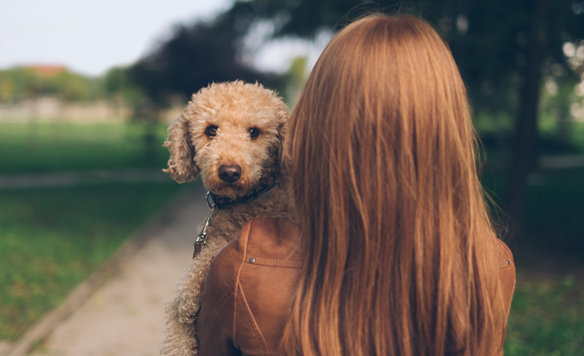Please create a free account, or login by clicking here.
Petland Overland Park, Kansas
Some of Our 5-Star Reviews Based on 780 Ratings.
Finding the perfect pet for you and your family should be a fun and exciting adventure, but with so many different pets to choose from, where do you start? Well, you've come to the right place, and our Pet Counselors are here to help! Our experienced and dedicated team of pet experts will answer any questions you have. We also offer new interactive pet shopping technology, which allows you to browse our large selection of happy and healthy puppies and gives you the ability to request information and pricing.
Where do your puppies come from? Will my puppy be registered? What puppies are best for people with allergies? These are all some of the normal questions many new dog owners have. You're not alone, and our Pet Counselors are eager to help! Many basic pet care questions can also be answered on our Frequently Asked Question page, which is dedicated to answering a variety of pet questions. Check it out today!
